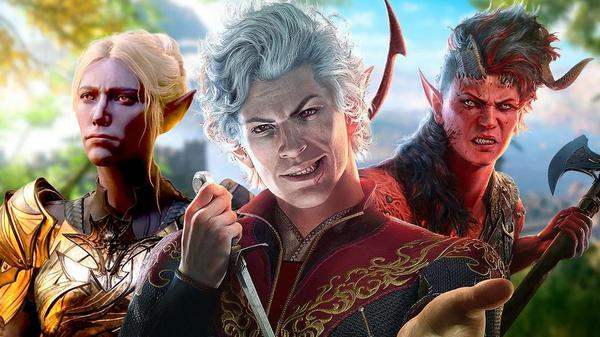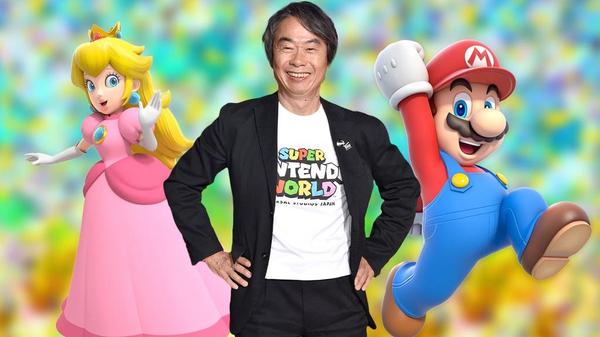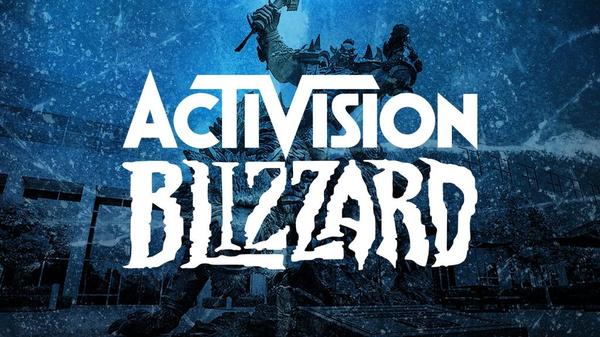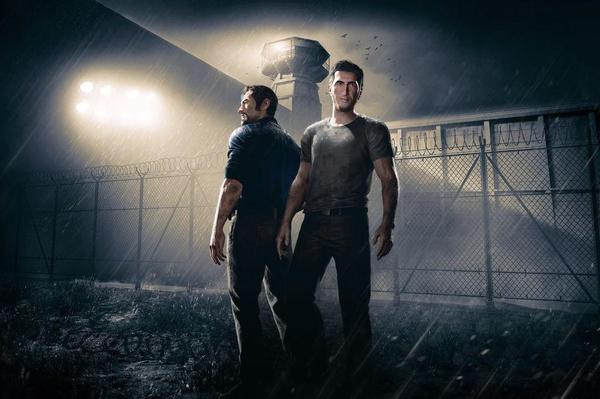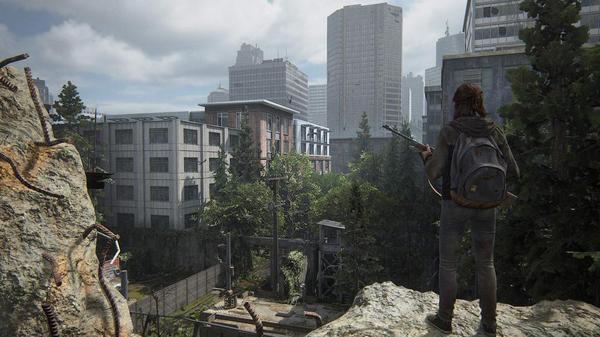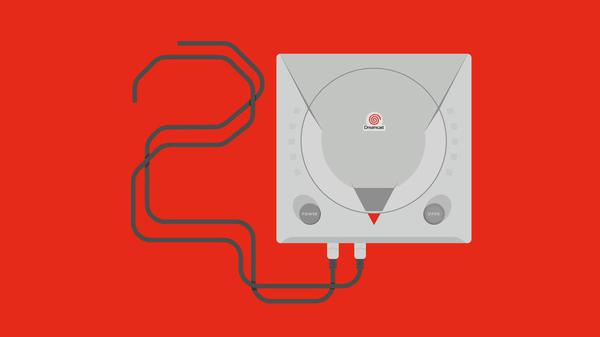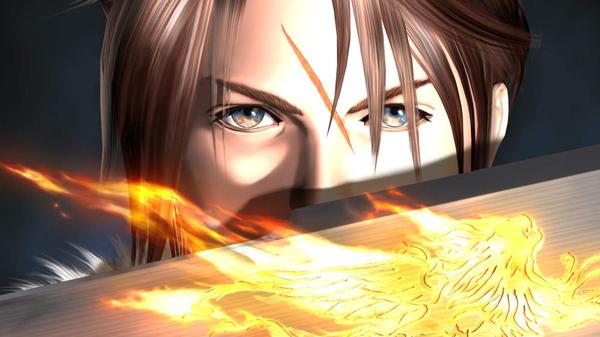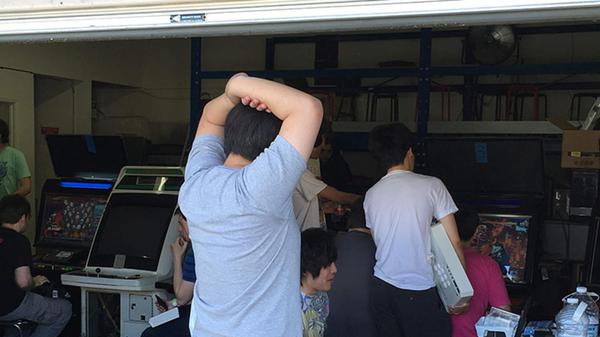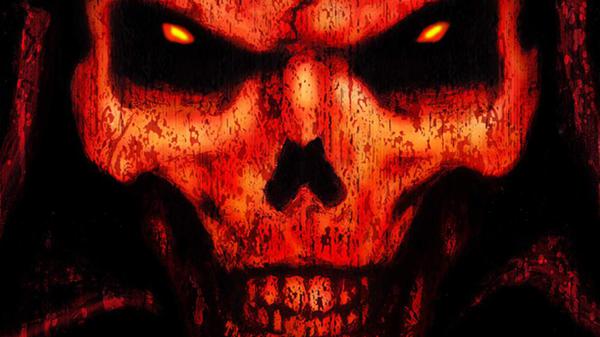USgamer.net
•
28th June 2016
Inside California's Secret Arcades
In an unassuming neighborhood roughly 40 minutes south of San Francisco, there is a garage that appears to be part of your typical industrial park. You'd never know it by the look of it, but it's one of the last vestiges of what was once a thriving American arcade scene.
Every weekend, dozens of hobbyists descend upon this location to play Super Smash Bros. Melee, Guilty Gear Xrd, and a host of obscure anime fighting games. They are there to train, to play in tournaments, or just to hang out with friends. The tiny space is packed with arcade cabinets, tables hosting monitors and laptops, and players, many of whom spill out into the area outside of the garage to socialize between games.
In the back office is Myung Kim, the founder of what the community has come to call Gamecenter Mk. III. By day, Kim is one of many software engineers making a living in Silicon Valley. On weekends, though, he retreats to the space he created to play games, work on side projects, and spend time with other arcade enthusiasts.
What separates Kim's space from the various other "second wave" retro arcades and barcades that have cropped up around the country is that he's not looking to attract customers. Quite the opposite, actually: he'd rather keep his little slice of heaven away from the prying eyes of the public. He organizes events on a private Facebook group, declines to share his venue's location, and asks that any newcomers be vouched for by an established regular.
He's not the only one, either. Having accepted that arcades as we once knew them are dead, hobbyists are renting spaces or hosting events out of their own homes in an effort to gather with like-minded enthusiasts. This is the third wave of arcade fandom: the final resting place for an American industry that has long since perished, but still has plenty of survivors.
